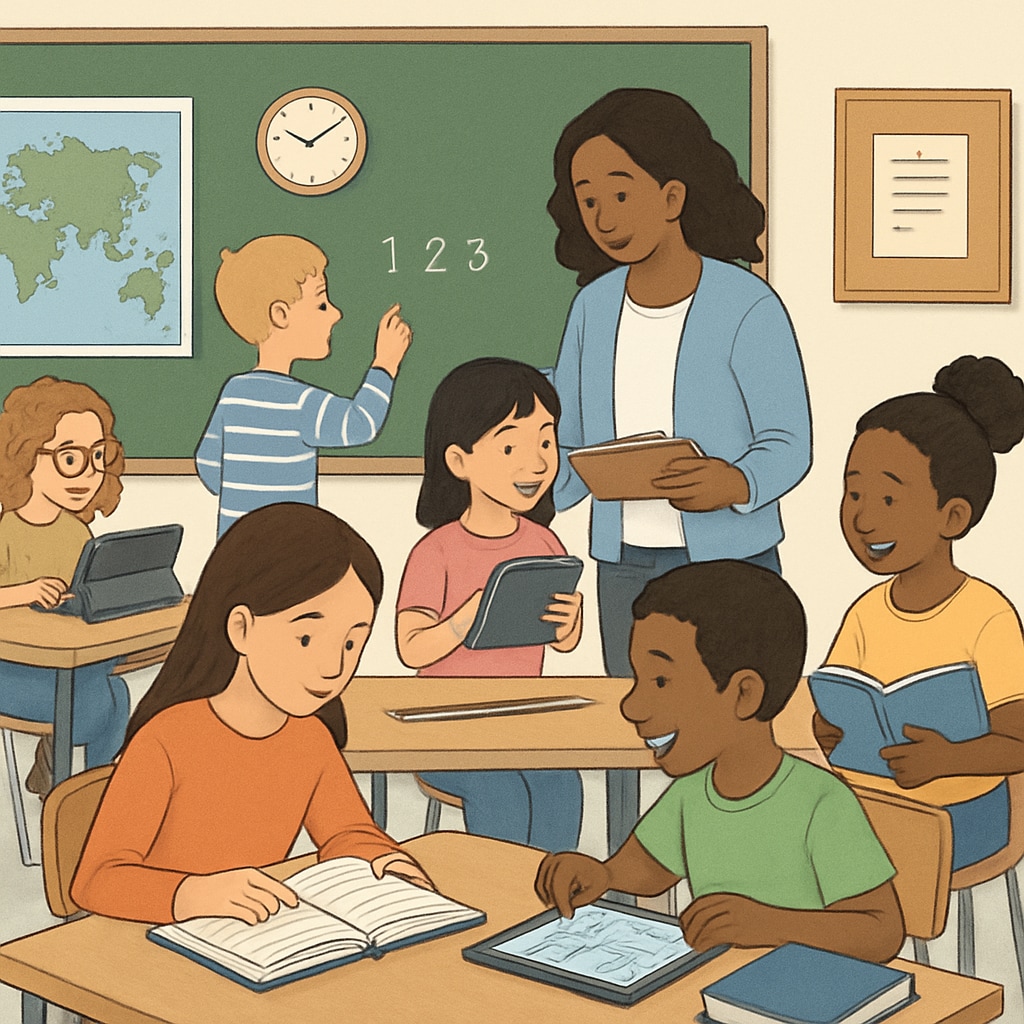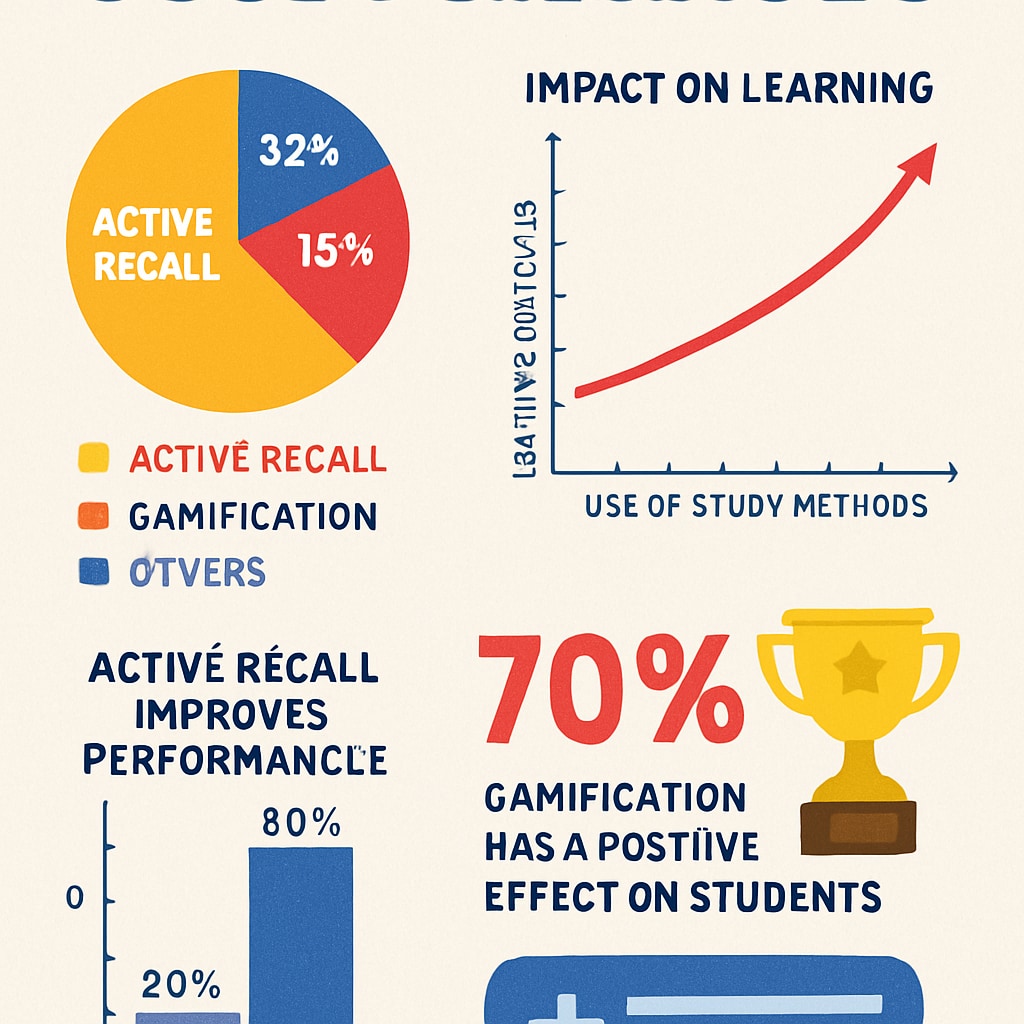In today’s fast-paced educational environment, understanding the most effective study strategies for K12 students is more critical than ever. This research project aims to explore K12 learning methods, analyze current challenges, and find innovative approaches to enhance academic success. By participating in this survey, educators, parents, and students can contribute to reshaping traditional learning techniques and creating a more effective educational landscape.
The Current Challenges in K12 Learning
Despite the abundance of resources available to K12 students, many still struggle to find study methods that suit their individual needs. As classrooms become increasingly diverse, a one-size-fits-all approach to education is no longer effective. Students face a variety of challenges, including:
- Inconsistent access to personalized learning materials
- Lack of motivation due to monotonous study routines
- Unclear understanding of how to apply learned concepts in real-life situations
Additionally, the rapid integration of technology in education presents both opportunities and obstacles. While digital tools can enhance learning, they can also distract students if not used effectively. This research project seeks to identify the root causes of these challenges and provide actionable solutions.

Exploring Effective Study Methods
To address these issues, the research project focuses on uncovering the most effective learning strategies for K12 students. Some promising areas of exploration include:
- Gamification of learning to increase engagement
- Active learning techniques such as group discussions and hands-on projects
- Mindfulness practices to enhance focus and retention
For example, studies have shown that active recall—retrieving information from memory rather than passively rereading materials—significantly improves retention. Similarly, integrating real-world applications into lessons can make learning more relevant and enjoyable for students. These methods are not just theories; they are backed by evidence and have the potential to transform traditional education.
To learn more about the science behind these techniques, you can visit Active Recall on Britannica or Active Recall on Wikipedia.

Why Your Participation Matters
This research project is more than just a survey; it’s a collaborative effort to shape the future of education. By filling out the survey form, educators can share insights from the classroom, parents can provide feedback on their children’s learning habits, and students can voice their preferences and challenges.
Participation is simple but impactful. The data collected will be used to develop tailored strategies that cater to diverse learning styles. Whether you are an educator looking to improve classroom dynamics, a parent seeking better tools for your child, or a student aiming to excel academically, your input is invaluable.
Join the movement today and help decode the learning code. Together, we can build an education system that empowers every student to succeed.
Readability guidance: Short paragraphs, clear subheadings, and lists are used to improve readability. Transition words like “however,” “in addition,” and “for example” ensure smooth flow. The article highlights the importance of active participation and provides actionable insights.


